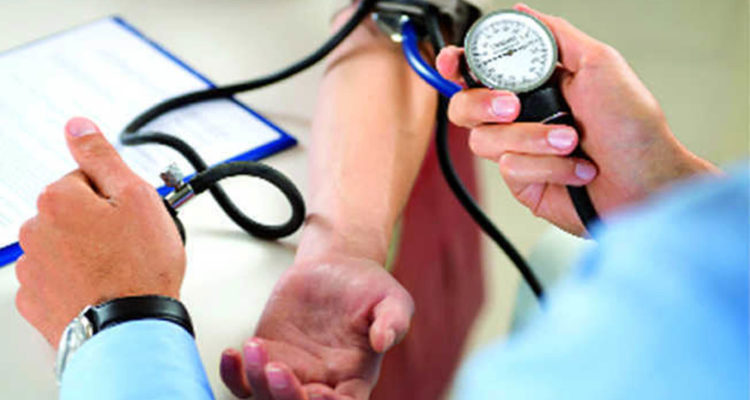
Named 5 causes of problems with blood pressure
0
High blood pressure (hypertension) is a potentially serious disease that can damage blood vessels, increasing the risk of heart attack or stroke. Experts have named five factors that negatively affect blood pressure, raising it.
Stress
According to the Mayo Clinic in Rochesver, some people react to stress with unhealthy behaviors such as smoking, overeating, or excessive alcohol consumption. All this can contribute to an increase in blood pressure.
To reduce your risk, find healthy coping mechanisms, including exercise, relaxation exercises, and meditation. Some of these activities can lower blood pressure and promote heart health.
Alcohol Abuse
Drinking isn't just bad for the liver. It also harms the cardiovascular system. The Johns Hopkins University website reports that while a little alcohol can relax the arteries, too much has the opposite effect. To reduce the risk of high blood pressure and other serious health problems, experts advise drinking alcohol only in moderation.
Being overweight or obese
Being overweight or obese is a major cause of high blood pressure. It's a simple matter of physics. “The more you weigh, the more blood you need to supply your tissues with oxygen and nutrients,” says the Mayo Clinic. The point is that as the amount of blood flowing through your blood vessels increases, so does the pressure on the artery walls.
Sedentary Lifestyle
< p>People who lead a sedentary lifestyle have a 30-50% higher risk of high blood pressure than people who lead an active lifestyle. That's because exercise keeps arteries flexible, while a sedentary lifestyle makes them stiff, forcing blood to exert more pressure to keep flowing.
The American Heart Association recommends at least 150 minutes of moderate-intensity exercise (such as brisk walking or gardening) or 75 minutes of vigorous exercise (such as running, swimming, or rowing) each week.
Diets high in sodium
Unhealthy diets with high sodium (salt) content is probably the main cause of high blood pressure. Experts recommend consuming no more than 2,300 mg (or about one teaspoon) of salt each day.
Sodium causes the body to retain fluid, which raises blood pressure. To stay healthy, check nutrition labels for sodium and limit fast food and convenience foods.









Leave a Reply